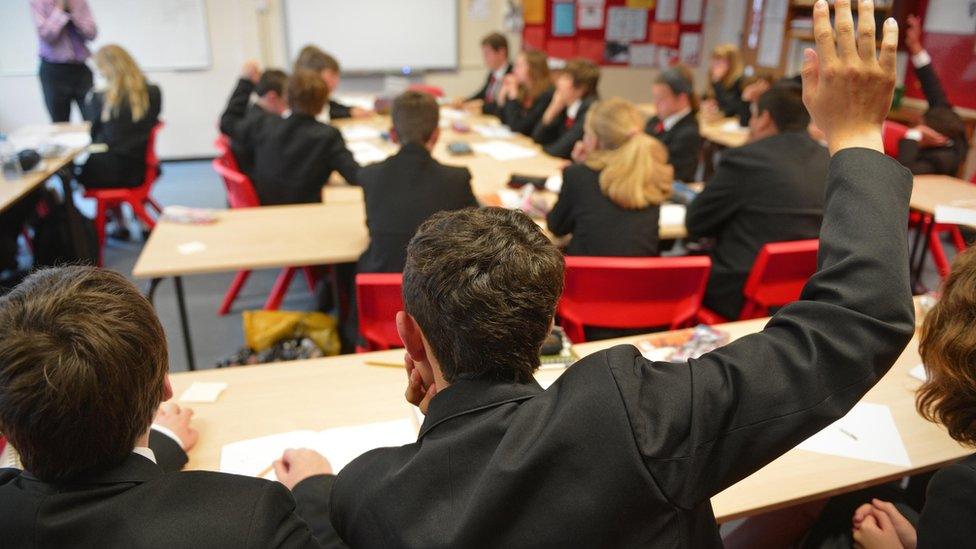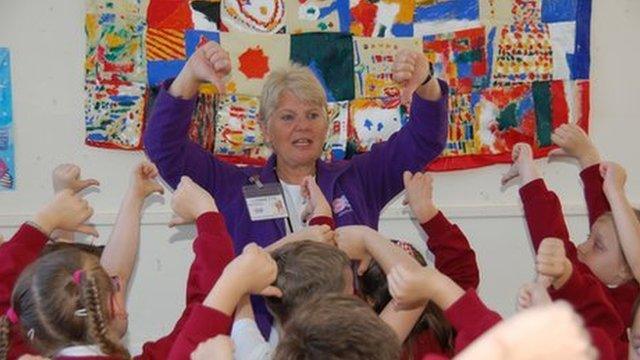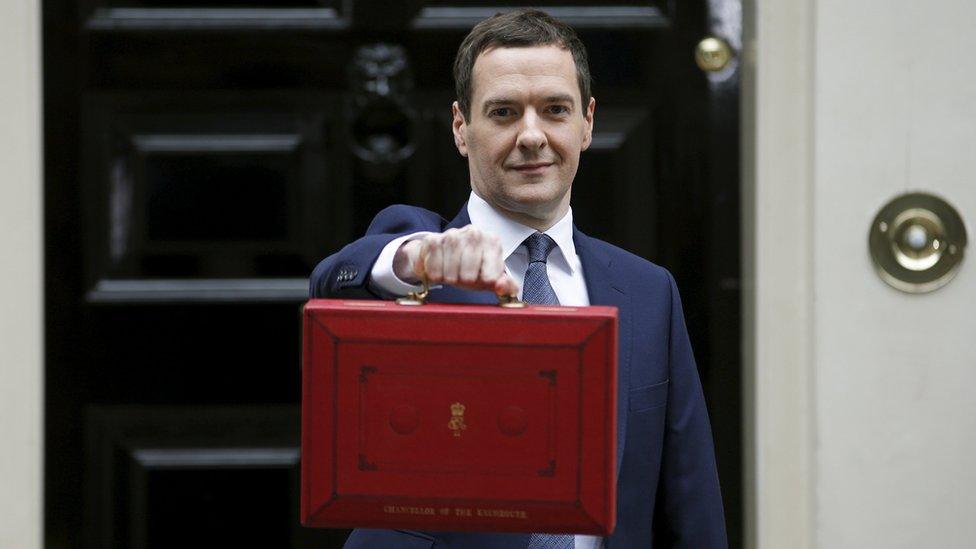Children 'should be taught about pornography and sexting'
- Published

Plan International UK claimed most children see sexual images on a "daily basis"
Most people think schools should teach children about the impact of sexting and pornography, a charity says.
Plan International UK claims 75% of people think the impact of porn should be a compulsory part of the curriculum, while 7% oppose the move.
In its survey of 2,000 adults it said 71% of people wanted pupils to get lessons on sexting.
Education Secretary Justine Greening said she was looking at the issue, but a law change has not yet been proposed.
Plan International UK's chief executive, Tanya Barron, called for "children's education to reflect the 21st Century reality of their lives".
Currently, all secondary schools in England under local authority control have to teach sex education as part of the science curriculum but this is limited to the biological aspects of reproduction and does not cover relationships.
But a loophole means academies and free schools - which are controlled by central government rather than local authorities - do not have to follow the national curriculum and are not, therefore, obliged to teach the subject.
Sex education is also taught at most secondary schools in Scotland, Wales and Northern Ireland, where there are separate education guidelines.
Parents can opt to take their children out of these classes.
Violence and abuse
Ms Barron said children were exposed to sexual imagery on a "daily basis".
"Children themselves, girls in particular, are telling us that they feel they need improved, age-appropriate mandatory sex and relationships education," she said.
"This would help them navigate these difficult issues."
Plan UK's poll of UK adults, carried out by Opinium, also found that:
About 70% of men and 79% of women thought the "impact of pornography" should be taught in schools
Sexting awareness lessons should be introduced, according to 65% of men and 77% of women
Violence and abuse lessons were backed by 79% of men and 86% of women
Some 86% of adults surveyed wanted sexual consent as part of lessons
The findings come amid growing pressure for sex education to be compulsory in schools.
The Local Government Association warned that pupils in England's schools were at risk of contracting sexually transmitted infections when they reached adulthood, because they were not being properly prepared.
Labour has also called for compulsory age-appropriate sex education in all schools in England, claiming that sexting among under-16s is on the rise.
Conservative MP Maria Miller, who has also backed a change in policy, added that most children will already have seen online pornography by the time they leave primary school.
"I want compulsory lessons at school to help children better understand the signs of an abusive relationship, issues such as consent and the harm that is done by sexting and underage viewing of pornography," she said.
Last year, a parliamentary inquiry said there were "alarming inconsistencies" in the way schools deal with sexual harassment and violence.
The cross-party Women and Equalities Committee said in its report , externallast September that compulsory sex education would "help to significantly reduce the incidence of sexual harassment and sexual violence in schools".
- Published15 February 2017

- Published22 March 2016

- Published15 June 2016

- Published16 March 2016
